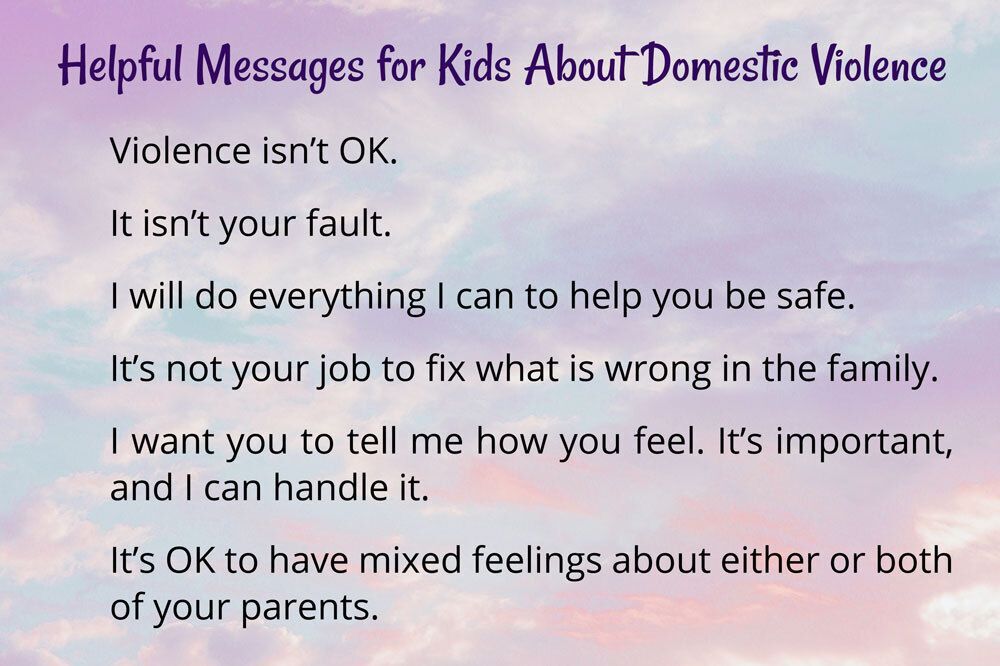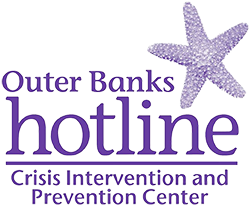Safety Planning for Your Emotions
You have made the most courageous decision in your life - to leave an abusive relationship. Now is the time to focus on healing and finding peace.
- Find someone who is emotionally safe that you can talk with about what you’re going through. Our advocates are always available to listen, and it may be helpful to talk about your experiences and emotions frequently. Your supporters at Outer Banks Hotline can help you process your feelings so that you can return to a calmer head space.
- Join a support group or schedule psychological counseling. You can be screened for trauma related mental health disorders and get the help you need to improve your emotional wellbeing.
- Remember that knowledge is key to understanding your mixed feelings about your abuser. Learn more about the trauma you have endured and how your response to trauma is rational. Educate yourself about the types of abuse and getting stuck in a cycle of abuse. Do the research to understand why perpetrators abuse and spot the indicators of potential abuse.
- Reach out for community support from the Outer Banks Hotline. We can direct you to the best possible resources for medical and legal needs, transportation, and affordable childcare. Create a list of your trusted connections and contact them. You may be surprised at the friends, family members, faith leaders, teachers, or mentors who become willing participants in your support system.
Safety Planning for Your Children’s Emotions
Your children can recover from witnessing or experiencing violence or abuse, especially when you give them the tools to heal. Your communication and support can help your kids do better in the aftermath of their experiences.
- Talk to your child about what they have witnessed or experienced. When you open the conversation, you’re telling your child it is safe to talk and that they don't have to be alone with their thoughts and worries.
- Be mindful of the age of your child. For younger children, sharing too much of your worries or fears may make them more worried or upset.
- Contact the Outer Banks Hotline to initiate professional help in the form of children’s support groups, psychological counseling, counseling at school, and community programs for children.

Safety Planning with a DVPO
Domestic Violence Protective Orders (DVPOs) are essential components of many victim’s safety plans and can greatly impact a victim’s ability to live independently from their abuser.
- Go to the Outer Banks Hotline at 100 East Dunn Street in Nags Head for help with filing a Domestic Violence Protective order. If possible, arrive by 2PM to ensure same-day filing. No appointments necessary.
- Be prepared to enforce the DVPO. If the defendant violates the DVPO, you have the option of calling 911 immediately. Keep a copy of your order on hand to show the responding officer.
- Educate yourself about the DVPO and what is does for you. The Outer Banks Hotline can answer any questions you may have and explain your options to use and enforce the DVPO whenever a situation arises.
Safety Planning in Your Home
- If you will remain in the home, change the locks on your doors as quickly as possible. Buy additional locks to secure your windows and always ensure that smoke detectors are in working order.
- Inform your neighbor or landlord that your partner no longer lives with you, and they should immediately call the police if they see them near your home.
- Notify your children’s school or day care about who has permission to have contact with or who is allowed to pick up your children.
Safety Planning for Unsupervised Visits with Children
- Create a separate safety plan for when your children will spend unsupervised time with your abusive partner.
- Rely upon your experiences to help them identify where they can get to a phone, who they can contact, how they can leave the house, and where they can go.
- If possible, give your children a cell phone to be used in emergency situations.
Safety Planning for Safe Custody Exchanges
- Meet in a safe, public place such as a restaurant or store.
- Bring someone with you to witness custody exchanges and make the exchange on your behalf.
- If possible, avoid seeing your abuser. Plan opposite drop-off and pick-up schedules from school or day care.
- Lead by example before and during exchanges. Display peaceful behavior such as deep breathing and a positive, reassuring presence. Praise your children for being brave. Find and point out little joys in the present moment.
- Plan something to look forward to upon reuniting with your children, such as going to a park or doing a fun activity.
Safety Planning at Work & In Public
- Decide whom at work you will inform of your situation. Depending on the nature of your occupation, it may be a good idea to reach out to human resources, building security, management staff or a trusted co-worker.
- Arrange to have your voicemail, caller ID or a trusted friend screen your calls. Call blocking features can be an excellent way to keep an abusive partner from harassing you.
- Have someone escort you to your car or other transportation and wait with you until you are safely on your way.
- If possible, alternate your travel routes home.
- Plan what you would do if something happened to make you feel unsafe while you are driving or travelling.
- Plan what you would do if something made you feel unsafe while in a public place like a shopping mall, movie theater restaurant or park.
